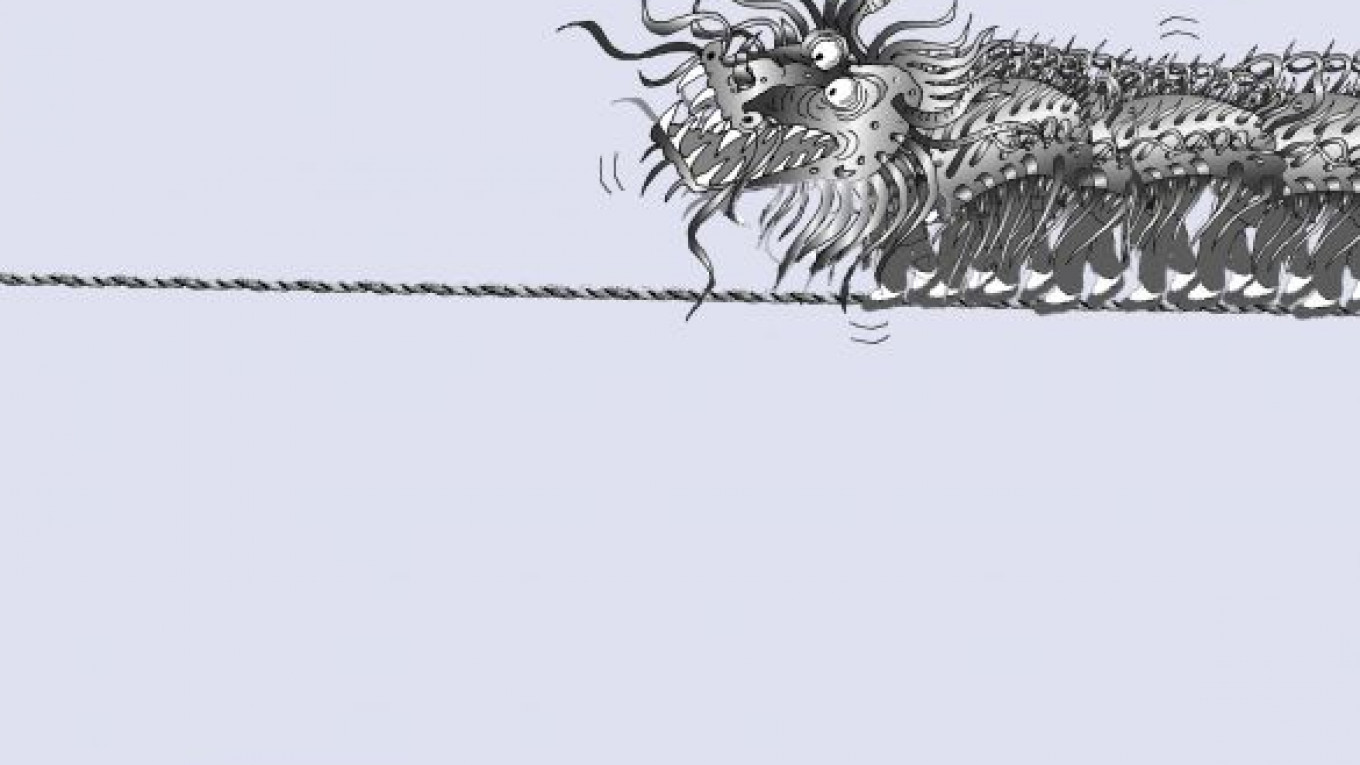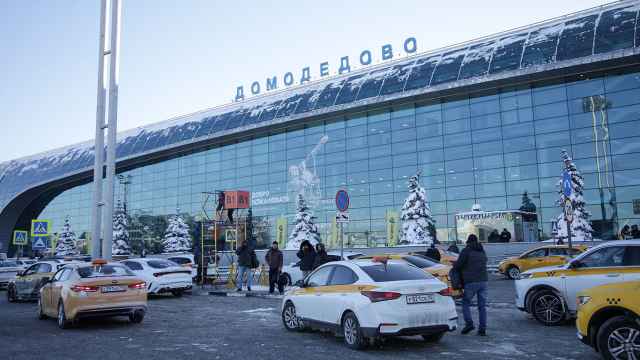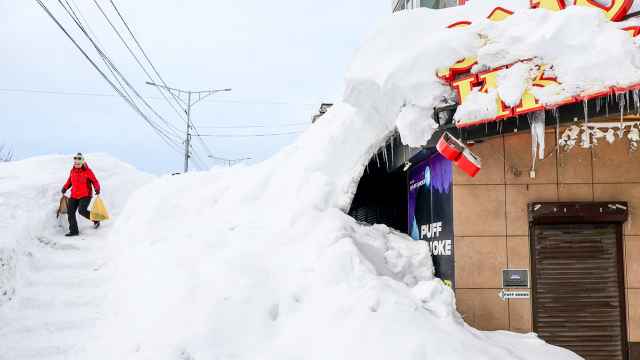Ever since the global economic crisis shook the world in 2008, we have been hearing dire warnings about the imminent end of capitalism. In Russia, these warnings have particular significance since the Soviet Union predicted the downfall of capitalism ever since the country’s ideological idol, Karl Marx, wrote his famous words about capitalism sowing the seeds of its own destruction.
To be sure, the early stages of capitalism in the mid-1800s were “imperfect,” to put it lightly. The Soviet Union rejected capitalism outright and tried to build a fundamentally new classless society in which nobody would be exploited. With assistance and guidance from Moscow, many countries in Asia, Latin America and Africa followed the same course.
But some 70 years after the “great communist experiment” started, Soviet communism — as well as the Soviet Union itself — collapsed like a house of cards. This was followed by the collapse of communism in Eastern Europe and other parts of the world. In Cambodia, for example, Communist leaders of the bloody Pol Pot regime were tried from 2006 to 2009 and sentenced for crimes against humanity, having killed about 2 million Cambodians from 1975 to 1979.
Those countries that have remained nominally “communist” — above all, China — have adopted market economies. The violent, revolutionary days of the Great Leap Forward or the Cultural Revolution are long gone. Now their chief slogan is: “Make a lot of money!” As the Chinese like to say, “We have socialist capitalism: socialism in word — capitalism in practice.”
Russia’s Communists and other opponents of Western capitalism love to praise the Chinese economic model, arguing that it successfully combines a market-based economy with autocratic rule. But even Chinese leaders sometimes hedge their bets, acknowledging that they have yet to create a stable, long-term economic system. To be sure, China is still instituting the reforms of Deng Xiaoping, who first laid the foundation in 1978 for China’s path toward a market economy. Deng’s expression, “Cross the river by feeling the stones underfoot as you go,” has relevance today. Beijing is still moving forward by experimenting, occasionally making mistakes — cutting itself on sharp stones as it were — backtracking and correcting the course of its reforms.
The Chinese Communist leadership has always stressed that the dominant role of the Communist Party is necessary to manage and preserve the country’s development and economic growth, that “unlimited democratization” would plunge the country into chaos, disorder, ethnic strife and economic downfall. On the backdrop of China’s Cultural Revolution and other periods of turmoil and violence — although these periods had nothing to do with “unlimited democratization,” of course — modern China’s version of autocratic capitalism for many Chinese looks like a blessing from heaven.
According to the Chinese model, gradual democratization is possible only after the economy has first reached a certain level of development and the middle class has grown to become a large, secure social and political buffer. That is what happened in South Korea and Taiwan, both gradually evolving into democratic and prosperous countries. This is apparently the path the Chinese leaders would like to follow, although there is more evidence over the past 10 years that they are taking the directly opposite path — toward increased political repression.
Contrary to a popularly held opinion among critics of Western liberalism and capitalism, in reality China does not offer a viable alternative to the modern Western model. At the same time, the Western model is by no means ideal and self-sustaining; it must be continually improved and properly regulated to avoid abuses.
The huge challenge for Russia as it tries to find an economic and political model that works the best — whether it be Chinese, Western or some combination of the two — is to overcome the backwardness of its health care, pension and education systems and to somehow reduce the country’s rampant crime and corruption.
Russia’s passionate admirers of the Chinese model should not have any illusions: China’s economic miracle is not applicable to Russia. For thousands of years, Chinese have been accustomed to working hard for meager pay. What’s more, China’s authoritarian leaders feel obliged to uphold the principles of morality and duty, restraint and moderation to maintain the “mandate of heaven.” For these two reasons alone, it is clear that the Chinese model doesn’t fit Russia.
Yevgeny Bazhanov is vice chancellor of research and international relations at the Foreign Ministry’s Diplomatic Academy in Moscow.
A Message from The Moscow Times:
Dear readers,
We are facing unprecedented challenges. Russia's Prosecutor General's Office has designated The Moscow Times as an "undesirable" organization, criminalizing our work and putting our staff at risk of prosecution. This follows our earlier unjust labeling as a "foreign agent."
These actions are direct attempts to silence independent journalism in Russia. The authorities claim our work "discredits the decisions of the Russian leadership." We see things differently: we strive to provide accurate, unbiased reporting on Russia.
We, the journalists of The Moscow Times, refuse to be silenced. But to continue our work, we need your help.
Your support, no matter how small, makes a world of difference. If you can, please support us monthly starting from just $2. It's quick to set up, and every contribution makes a significant impact.
By supporting The Moscow Times, you're defending open, independent journalism in the face of repression. Thank you for standing with us.
Remind me later.






